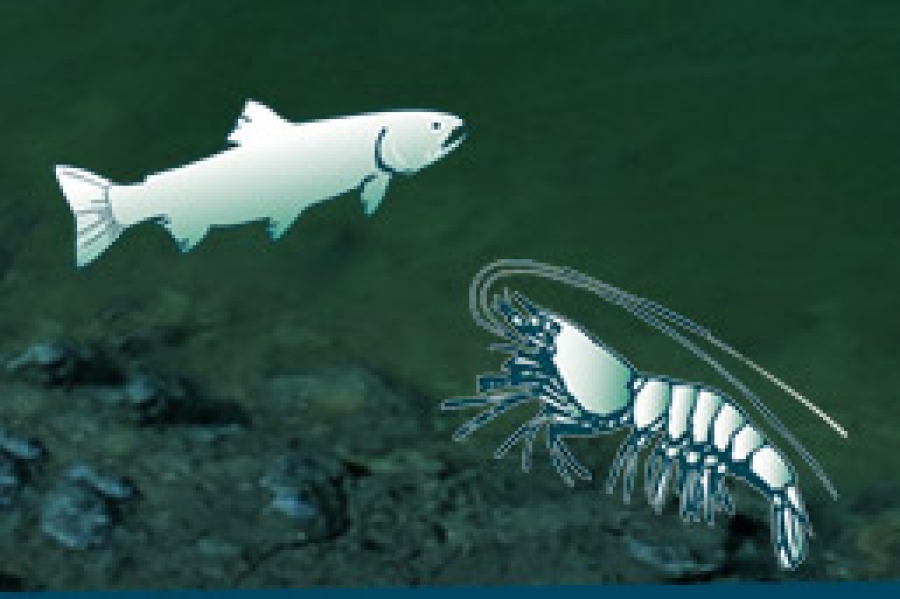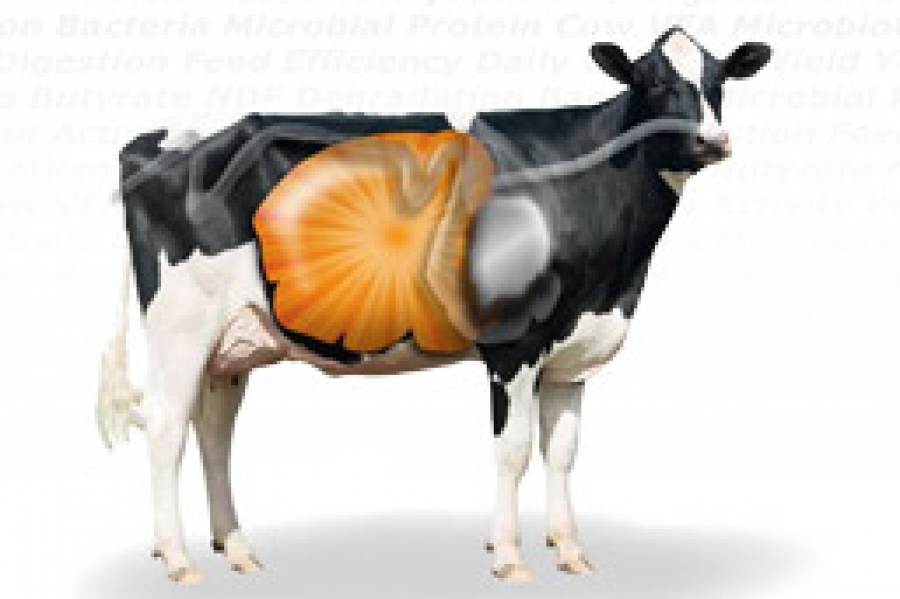The media used for isolation of bacteria were BHI and MRS agar. Bacterial cells were removed by centrifuging the cultures at 10000 g for 10 min. Then the supernatant were used for the assay. Poul ry pathogens including three serotypes of Salmonella i.e. Enteritidis, Pullorum, Typhimurium, and three Escherichia coli serotypes, viz. E. coli: O1:K1 O2:K1 and O78:K80. Antagonistic activity was determined by agar well diffusion method. The test for each isolate was carried out three times in duplicate. Results & Conclusion: Among isolated bacteria (Bacillus subtilis, B. licheniformis, Enterococcus faecium and Pediococus acidilactici) E. faecium, and Pediococus acidilactici were able to inhibit the growth of all three serotypes of Salmonella and Escherichia coli. Pediococus was significantly more effective in preventing the growth of all six pathogens except E. coli O2:K1 (P<0.01) and maximum inhibition zone was belonging to S. Pullorum (16.48 mm). E. faecium retained the strongest antagonistic activity against E. coli O2:K1. Bacilli were not able to inhibit the growth of selected poultry pathogens. In the recent years finding methods to control enteropathogens E. coli and Salmonella are of great importance o poultry industry. In this study the efficiency of four commercial probiotics to control of these enteropathogens was assayed. The results demonstrated that two isolated bacteria from commercial prod ucts showed ability to control selected pathogens, therefore these products are of valuable feature to control enteropathogenic E. coli and Salmonella.
کد مقاله : BIP-013
پس یادداشت کد مقاله بر روی دکمه زیر کلیک نمایید








